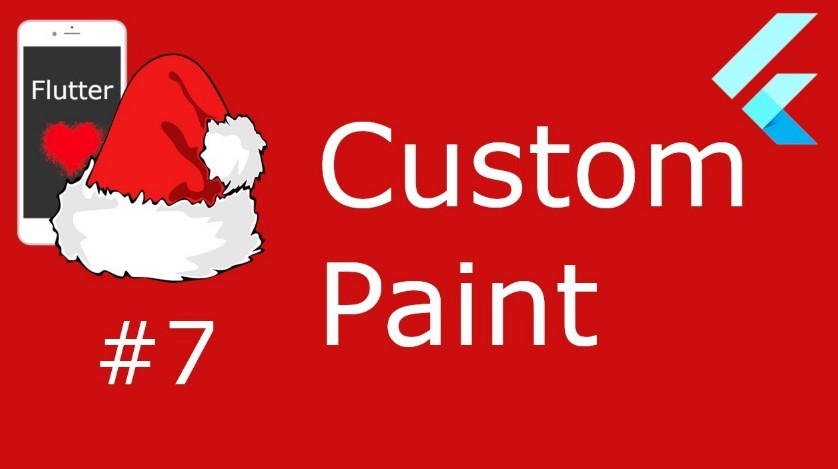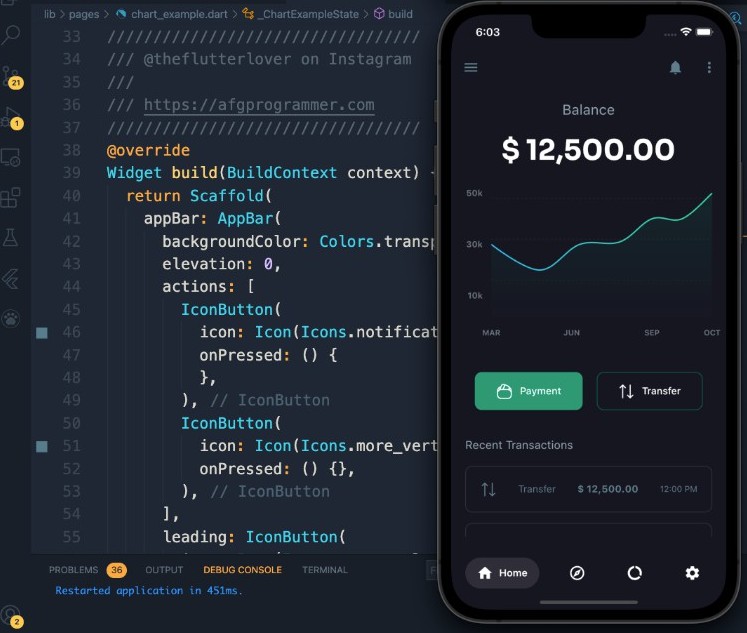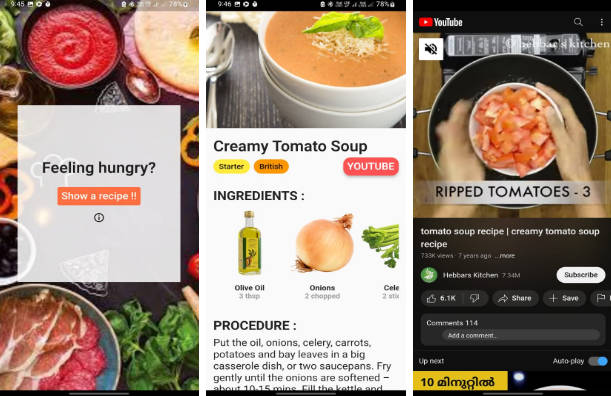GraphQL Codegen
This is an opinionated code-generation tool from GraphQL to Dart/Flutter.
It’ll allow you to generate Dart serializers and client helpers with minimal config.
The framework makes no assumption on how you structure your fragments or queries,
for each operation.graphql the framework will generate a operation.graphq.dart file
containing dart classes.
Read more about the tool and motiation at the GraphQL Codegen deep-dive
and on how you can structure your flutter apps with the tool on Structure your Flutter GraphQL apps.
The builder relies on json_serializable to generate the actual serializers,
so in addition to the two files mentioned above, it’ll also generate a operation.graphql.g.dart
file.
The framework does not fetch your schema for you, so before you run this, you’ll need
to add your schema to your project.
Installation
Add graphql_codegen: <current_version> to your dev_dependencies.
The project depends on json_serializable so read more on how to set this up here.
It is also a builder, so you’ll need to set up build_runner. Read more here.
Basic Usage
To generate dart classes from GraphQL schema, firstly you have to create a schema.graphql file and GraphQL document files.
For instance:
Given schema
# schema.graphql
type Query {
fetch_person(id: ID!): Person
}
type Person {
full_name: String!
nickname: String
website: URL
date_of_birth: ISODateTime
parents: [Person!]
siblings: [Person!]
children: [Person!]
}
scalar ISODateTime
scalar URL
and a query
# person.graphql
query FetchPerson($id: ID!) {
fetch_person(id: $id) {
name: full_name
}
}
and then you can generate dart classes with:
$ dart run build_runner build
afterwards, you can parse the result with
// person.dart
import 'person.graphql.dart';
main () {
final data = fetchDataFromSomewhereMaybeOuterSpace();
final parsedData = QueryFetchPerson.fromJson(data);
final name = parsedData.fetchPerson?.name;
print(name);
}
Using fragments
Fragments are a great tool to re-use queries throughout your app. These are used to create “interfaces”
which’ll allow you to easily parse your data around. Given the schema above and the query
# parents_and_children.graphql
fragment PersonSummary on Person {
full_name
}
query FetchParentsAndChildren {
fetch_person(id: "1") {
parents {
...PersonSummary
nickname
}
children {
...PersonSummary
}
}
}
this will allow you to do the following
// parents_and_children.dart
import 'parents_and_children.graphql.dart';
printPerson(FragmentPersonSummary person) {
print(person.fullName);
}
main () {
final data = fetchDataFromTheVoid();
final parsedData = QueryFetchParentsAndChildren.fromJson(data);
for (final parent in parsedData?.fetchPerson.parents ?? []) {
printPerson(parent);
print(parent.dob);
}
for (final child in parsedData?.fetchPerson.children ?? []) {
printPerson(child);
}
}
The FragmentPersonSummary is an abstract class on the shape of
...
abstract class FragmentPersonSummary {
String get fullName;
}
...
and will be available in the generated .graphql.dart file for the .graphql file
containing the fragment.
Custom scalars
Out of the box, the standard fragmens are supported and mapped to relevant dart types. You can add
new mappings for your custom scalars or overwrite existing configurations.
In the schema above, you can see that we have defined the ISODateTime scalar. In this example, it contains
a string with an iso formatted date-time string. We would like to map this to darts DateTime type by
adding the following configuration to the build.yaml file:
# build.yaml
targets:
$default:
builders:
graphql_codegen:
options:
scalars:
ISODateTime:
type: DateTime
JSON:
type: Map<String, dynamic>
since json_serializable supports parsing DateTime from strings this is all we need to do.
Assume we want to use a custom date-time class instead (e.g. CustomDateTime) we can add
# build.yaml
targets:
$default:
builders:
graphql_codegen:
options:
scalars:
ISODateTime:
type: CustomDateTime
fromJsonFunctionName: customDateTimeFromJson
toJsonFunctionName: customDateTimeToJson
import: package:my_app/scalar.dart
and create a scalar.dart file with your converter functions and class.
// custom_date_time.dart
class CustomDateTime {
final String datetime;
CustomDateTime(this.datetime);
}
and
// scalar.dart
export 'custom_date_time.dart' show {CustomDateTime};
CustomDateTime customDateTimeFromJson(dynamic data) => CustomDateTime(data as String);
dynamic customDateTimeToJson(CustomDateTime time) => time.datetime;
and now all fields using ISODateTime will be a CustomDateTime instance.
Clients
Parsing data is all fine and well, but practically not extremly usable. Therefor, we can generate
clients to call your API.
Clients can be enabled in the build.yaml file with:
# build.yaml
targets:
$default:
builders:
graphql_codegen:
options:
clients:
- graphql
- graphql_flutter
Currently, we support two clients:
Client graphql
Once you’ve setup your graphql client (see pub.dev/packages/graphql), you can use
GraphQL Codegen to generate new queries or mutators on the client.
With the query from above:
# person.graphql
query FetchPerson($id: ID!) {
fetch_person(id: $id) {
name: full_name
}
}
we can now access the client:
import 'person.graphql.dart';
main () async {
final client = GraphQLClient();
final result = await client.queryFetchPerson(
GQLOptionsQueryFetchPerson(
variables: VariablesQueryFetchPerson(
id: "1",
),
),
);
final parsedData = result.parsedBodyQueryFetchPerson;
print(parsedData?.fetchPerson?.name);
}
Client graphql_flutter
Once you’ve setup your graphql_flutter client (see pub.dev/packages/graphql_flutter),
you can use GraphQL Codegen to generate new Query or Mutation widgets.
With the query from above:
# person.graphql
query FetchPerson($id: ID!) {
fetch_person(id: $id) {
name: full_name
}
}
we can query with the widget
import 'person.graphql.dart';
import 'package:flutter/widgets.dart';
class PersonWidget extends StatelessWidget {
@override
Widget build(BuildContext context) {
return GQLFQueryFetchPerson(
options: GQLOptionsQueryFetchPerson(
variables: VariablesQueryFetchPerson(
id: 'id',
),
),
builder: (result, {fetchMore, refetch}) {
return Text(
result.parsedDataQueryFetchPerson?.fetchPerson?.name ?? '...loading'
);
}
);
}
}


